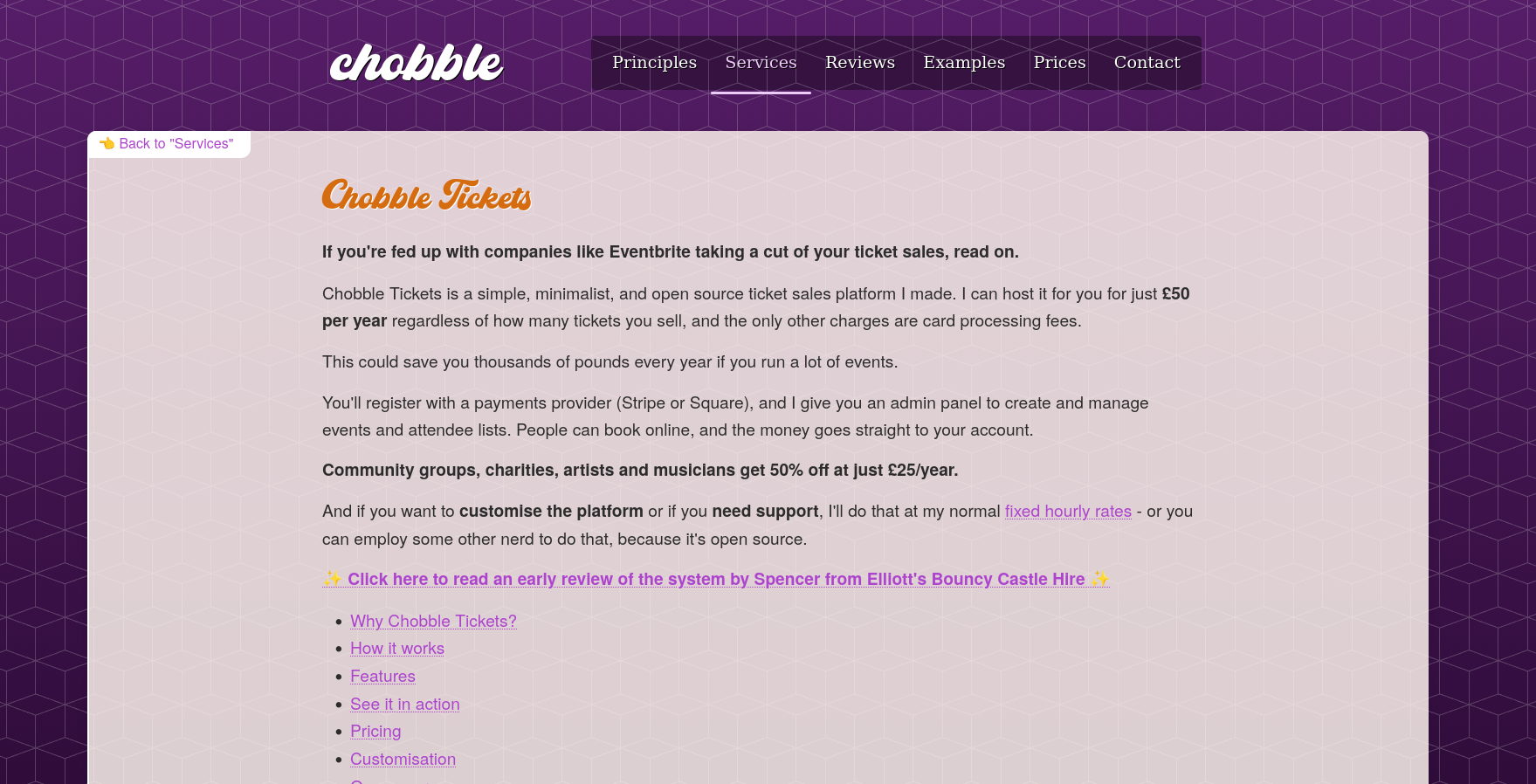Whether you’re a start-up or a large corporate, ensuring your business adheres to HMRC regulations is an ongoing - and often tedious - battle.
As one of the UK’s largest freelancer platforms, we work with hundreds of clients in tech and marcomms, including Google, BBC, Sky, WeWork, Virgin, Accenture and Ogilvy, helping them secure freelancers for key roles including back end development, coding, web design and project management.
We have seen first hand how Government changes in tax regulations can have far reaching effects. Staying on top of changes can mean extra admin, but disregard them and you risk fines that you weren’t even aware of - it’s a constant uphill struggle.
Take for example, the IR35 tax reforms which come into effect next April. The changes aim to tackle the problem of ‘disguised employment’. From April, it will be cracking down on businesses (with over 50 employees or who make £10m in turnover) who engage freelancers through their own service companies to exploit the fiscal advantages offered by a corporate structure. In practical terms, the change is designed to stop someone from leaving work as an employee on a Friday, only to return the following Monday to do exactly the same job as an indirectly engaged 'consultant' paying substantially reduced tax and national insurance.
It’s a change which will undoubtedly have far reaching impacts across the tech sector, but worryingly one which very few businesses are ready for. The prep to ensure hiring procedures are in order will require massive administrative changes, driving up internal paperwork and recruiter costs, not to mention time - we’ve even referred to it as the tax equivalent of GDPR in terms of admin. But fail to prepare now, and the financial impact of non-compliance could be huge.
We’re working closely with our clients’ HR teams to make sure they are ready for the introduction come April 5th, but we know there is a severe lack of awareness and preparation taking place among the wider tech sector.
Of the companies we spoke to recently, we found 43 per cent of senior personnel didn’t know how IR35 would affect their business, with 42 per cent unaware of the fines for non-compliance.
More shockingly, 40 per cent said the changes would have a moderate to severe effect on business when introduced next year, and despite over a third of business owners and executives admitting they were worried about understanding the legal responsibilities, 28 per cent said they would research the impending taxes on Google, rather than ask HR or accountancy experts.
Yet in addition to the administrative doldrum that IR35 will bring, businesses could also see themselves impacted by the freelancers themselves.
With some required to pay thousands more in taxes each year, 18 per cent of the freelancers we spoke to said they would raise their fees to counter the additional taxes, and over a quarter (26 per cent) said they would consider carefully the contracts they accept next year.
Yes, it is troubling to see so many unaware or uncertain about the important financial impact these changes will bring, but even more concerning for us is whether the lack of clarity and understanding will impact the view of freelancing in general.
We must not forget that freelancing is a market which is growing massively on a global scale, due to ease of entry, affordability and technological innovation.
The growth of highly skilled freelancers increased by 34 per cent to 4.8 million in the ten years to 2018 (IPSE, 2018), and globally, the rates are even more encouraging. The US freelancer market has grown 8.1 per cent since 2014 and it is expected that by 2027 the workforce majority will be freelancers (Upwork, 2017).
From a business perspective, there are enormous and cost-effective benefits that a flexible freelancer model can bring and with the right processes and planning in place, it can significantly help in the growth of a business. A recent 2018 poll by Kalido and OnePoll found that 64 per cent of UK firms admit to relying on freelancers, with 37 per cent engaging freelancers to deploy hard-to-find expertise ( 2018).
So in order to keep this pace, it’s important those hiring freelancers are not scared off by the growing legislation that comes with it, and for that, preparation is key to minimise effects.
At YunoJuno, we are working hard to help businesses better understand the market - including the changes IR35 will bring, and to minimise the impacts on costs and administration.
April may seem a long way off, but for those who aren’t ready, it will be a bolt out of the blue.
- Shib Mathew, CEO, YunoJuno
To help freelancers and clients discover whether they will be subject to the IR35 changes, YunoJuno has also provided a guide, available to view at ir35.com.








